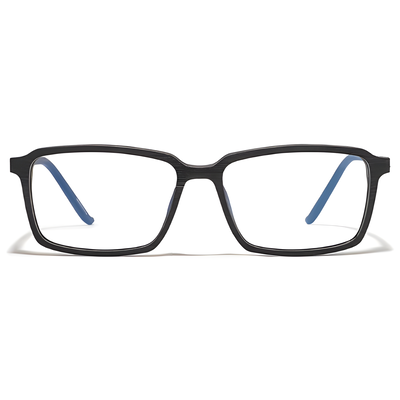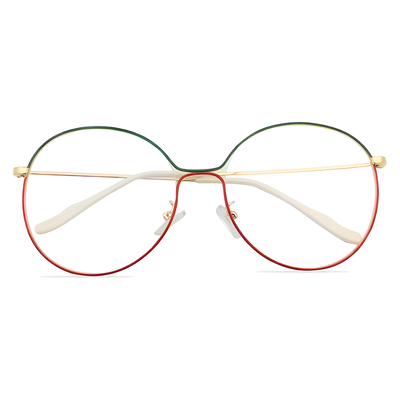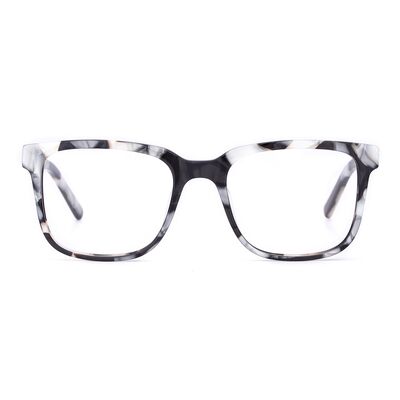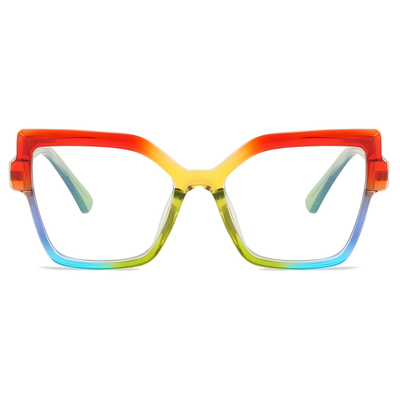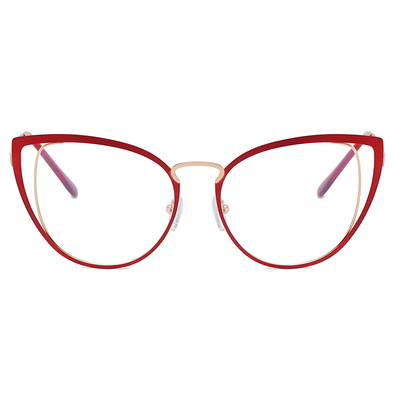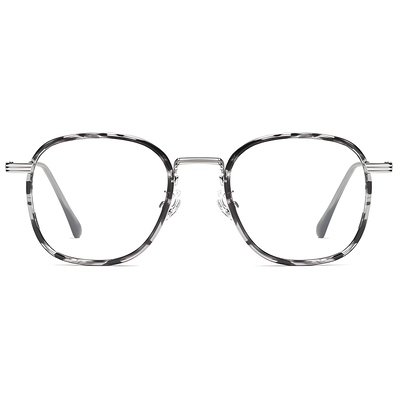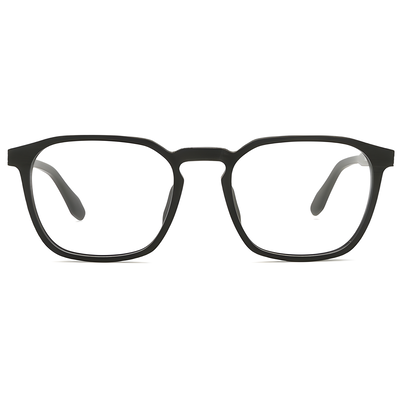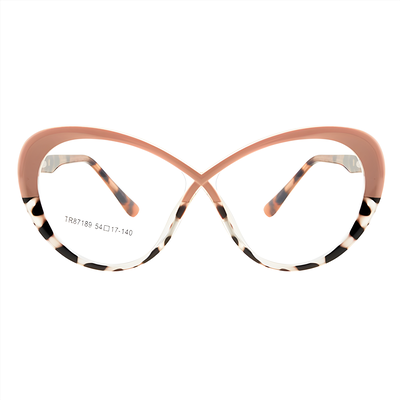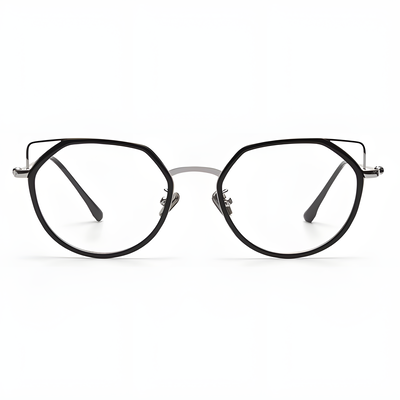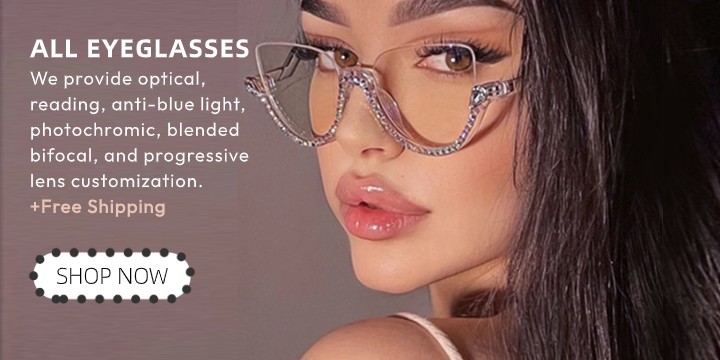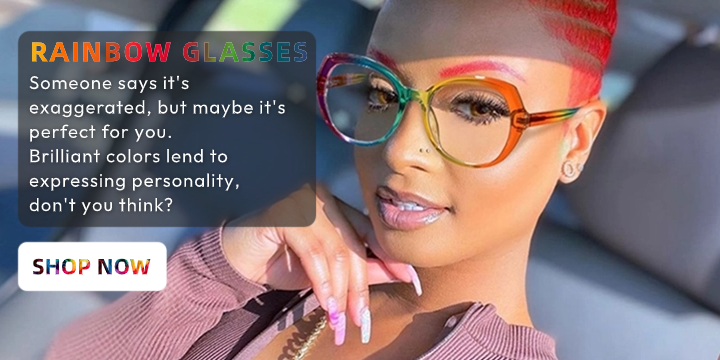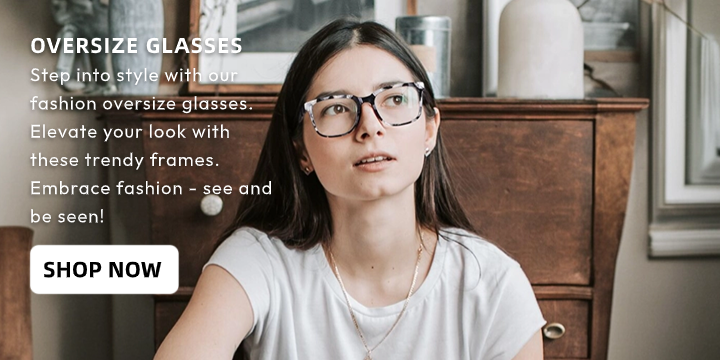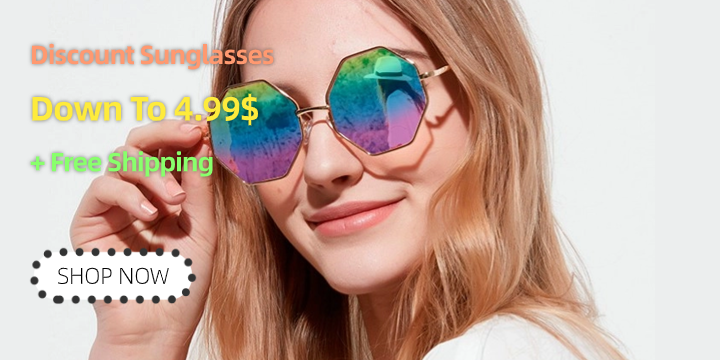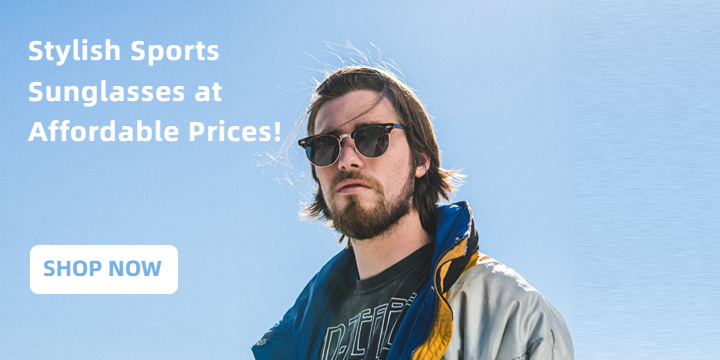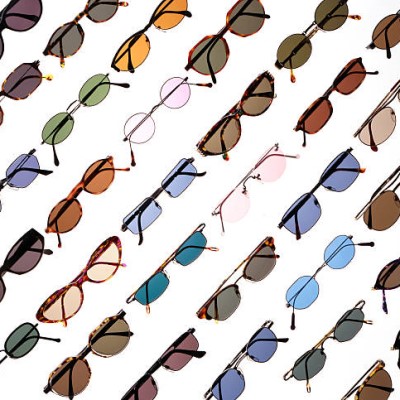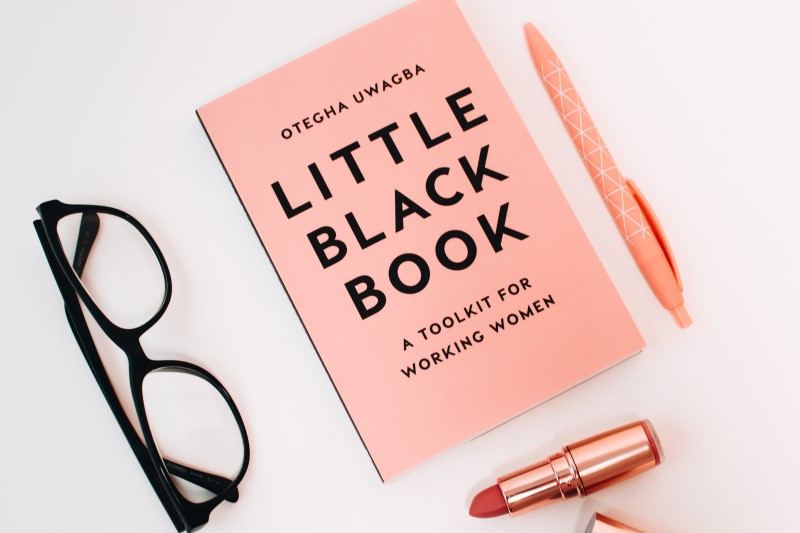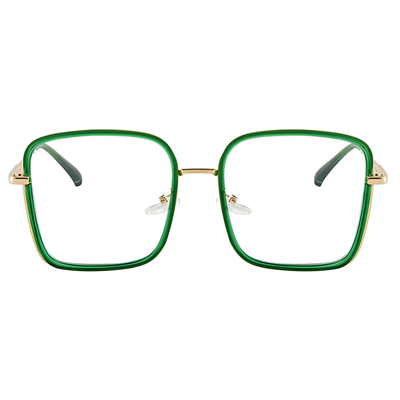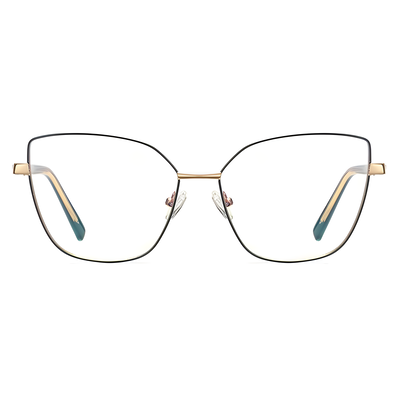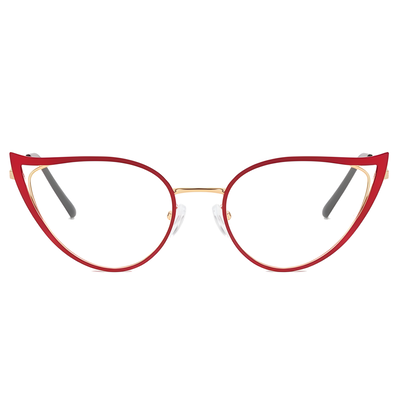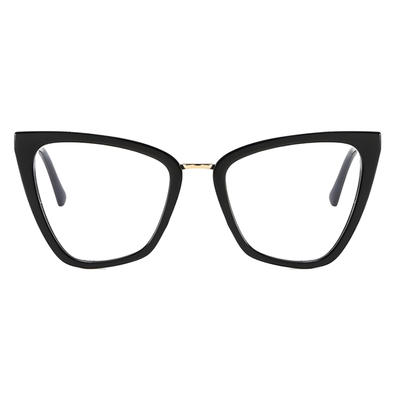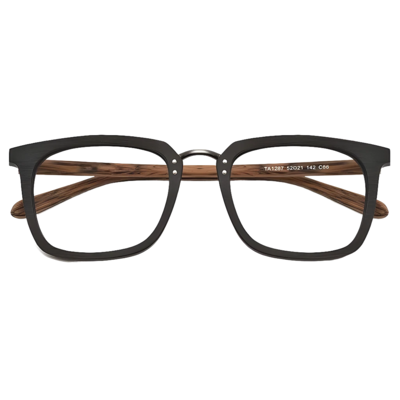Why do so many children need glasses now? We have noticed this phenomenon; the population of people wearing glasses is getting younger.
As an effective vision correction solution, glasses use the magic of light refraction to allow our impaired eyes to see the world clearly again. But the increasing number of children wearing glasses undoubtedly causes parents to feel anxious.

Why do so many children need glasses now? Several possible reasons may be:
1. Familial inheritance. Scientific research indicates that nearsightedness has a certain genetic predisposition, often traceable within a family's history of nearsightedness. If there are many individuals wearing glasses in one's family, this nearsightedness issue might also be inherited by the next generation of children, with a probability of over 80% for children inheriting nearsightedness if one or both parents have it. Even if only one parent has nearsightedness, if they carry the gene, the likelihood of the child developing vision problems will significantly increase.
2. Environmental factors. With the advent of the internet era, electronic devices, especially smartphones, and computers, have rapidly become widespread. The abundance of videos on platforms like TikTok and YouTube captures children's attention, causing them to stare at screens for prolonged periods without realizing the strain on their eyes. This prolonged visual strain gradually leads to nearsightedness, making it a primary reason for children needing glasses.
3. Poor eye habits. For today's children, they tend to bring their eyes very close to textbooks and writing materials while studying, adopting incorrect writing postures. This leads to vision problems. Additionally, some children don't develop good eye habits and prefer reading or watching videos in dim environments. Some children even enjoy reading while lying in bed, and these poor eye habits are significant factors contributing to vision issues.
4. Nutrient deficiencies. Children's vision problems are closely related to certain micronutrients within their bodies. For example, calcium deficiency in the optic nerve can lead to issues like visual fatigue and blurred vision. Lack of vitamin A can affect rhodopsin synthesis, thereby reducing dark adaptation ability and potentially leading to blindness in severe cases.
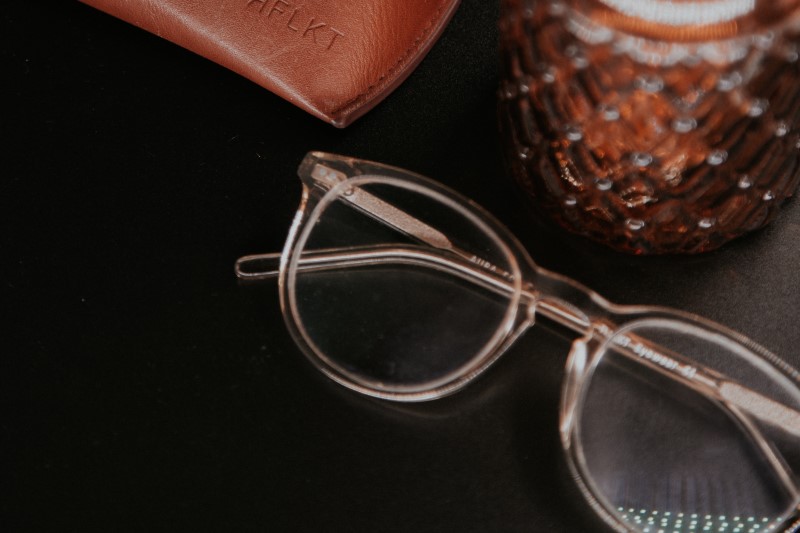
How can we protect our children's eyes?
Why do so many children need glasses now? After understanding the common causes of myopia, there are actions we can take to intervene. Here are a few things we can do to help our children.
1. Reasonable use of electronic devices. Control the time children spend using electronic devices. If they need to study online, parents can reduce the impact by using blue light filters and similar products. Placing indoor plants near electronic devices can offer children a chance to rest their eyes by looking at the greenery when feeling fatigued.
2. Nutritious diet. Foods beneficial for vision, such as carrots and green vegetables, should be incorporated into children's diets to ensure a balanced intake of nutrients, including vitamins A and C. One substance to mention here is lutein. Numerous studies have shown that consuming foods rich in lutein or taking lutein supplements increases lutein concentrations in the blood, leading to increased lutein levels in the macula, which is effective in enhancing vision.
3. Regular vision tests. Parents should regularly take their children for vision tests. If the child has pseudomyopia or mild nearsightedness, we can provide timely control and intervention to help them develop good eye habits to release.
If it is hereditary myopia, or myopia has already unavoidably occurred, parents cannot ignore it. We should promptly, according to the doctor's advice, have our child wear glasses for vision correction. The outcome of myopia is something none of us would like to see, but we also need to accept it and actively seek solutions.
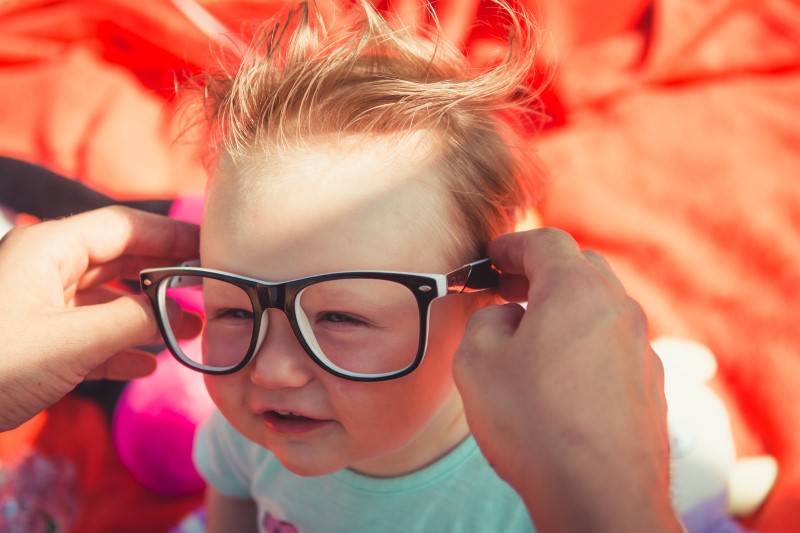
Myopia is categorized into mild, moderate, and severe. Severe myopia is also known as pathological myopia. The harms of mild and moderate myopia are not significant; corrective glasses can enable a clear vision of the world again. However, as the degree of myopia increases, the risks of harm also grow. Severe myopia patients might experience terrifying symptoms like retinal detachment. Therefore, selecting suitable, high-quality glasses is crucial. We recommend that you make your first lens selection offline, as this requires guidance from a professional optometrist. Once you determine your degree of myopia and frame preferences, you can choose from a wider variety of stylish glasses on Myglassesmart, where you can find more affordable prices and diverse choices.
